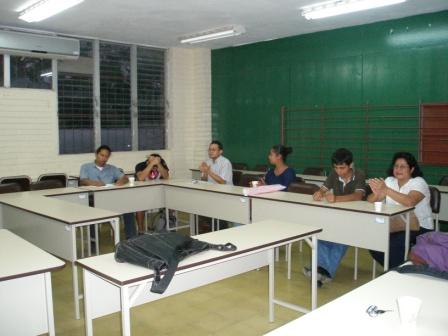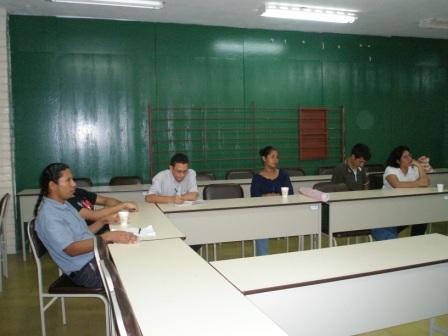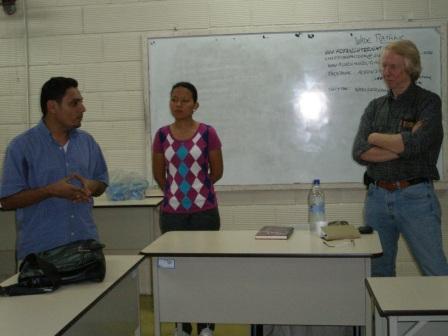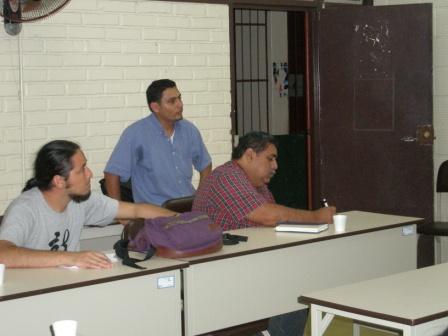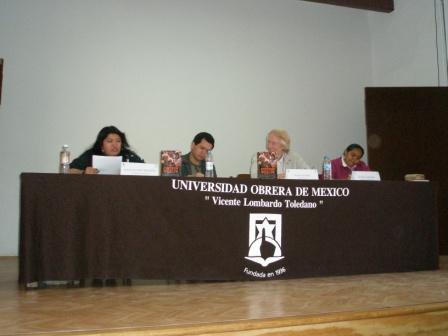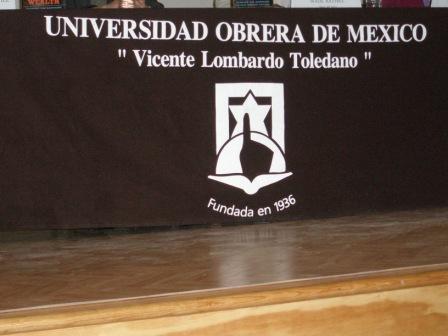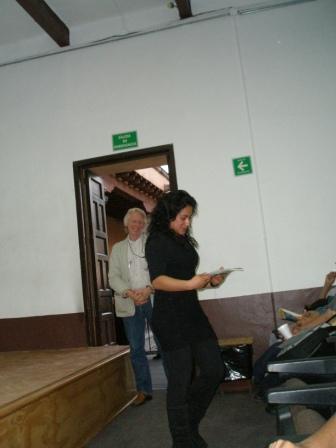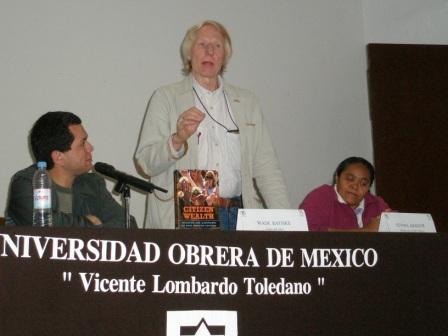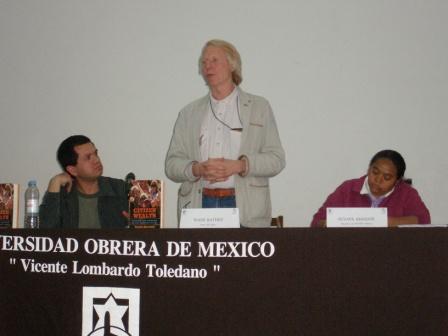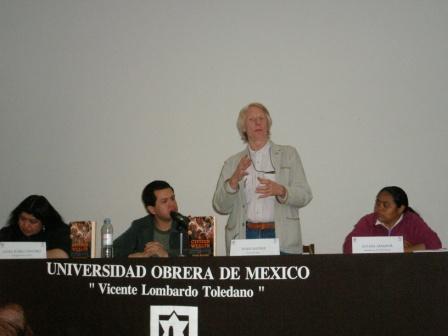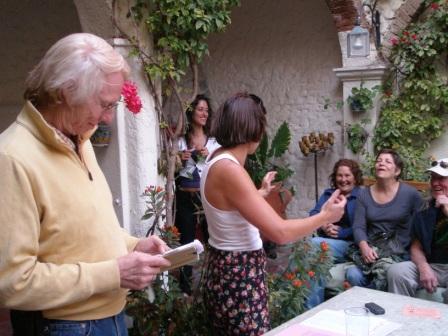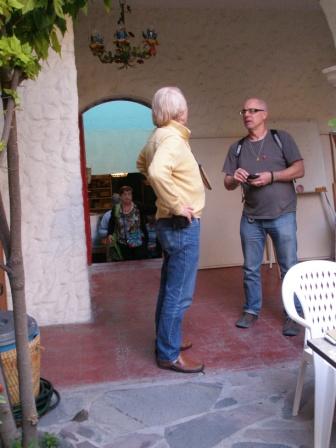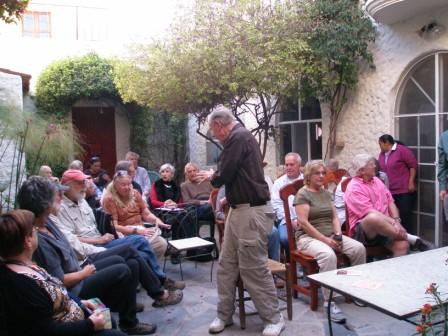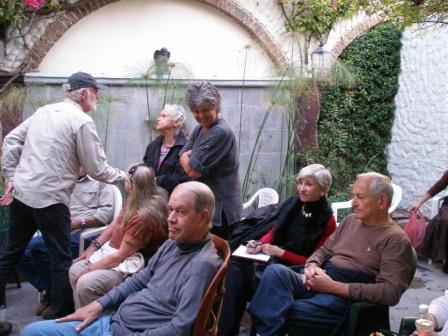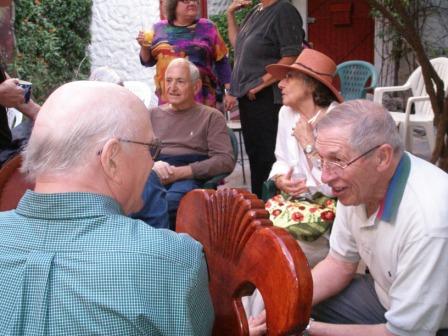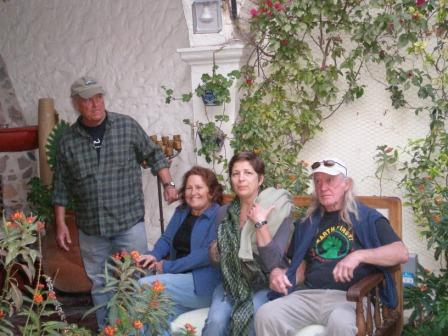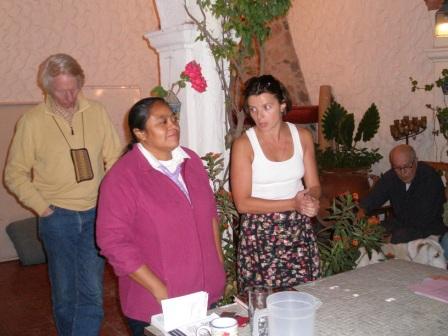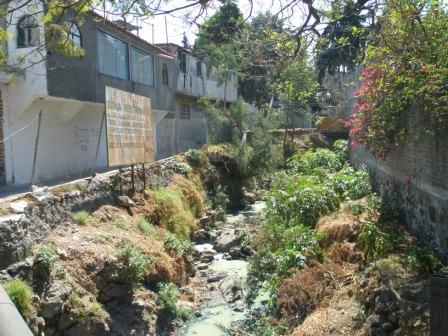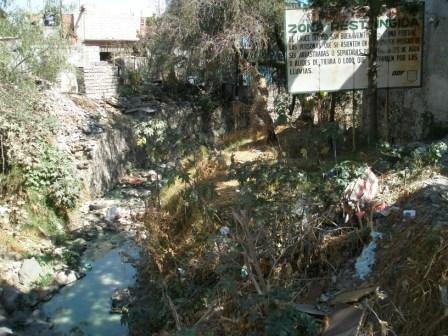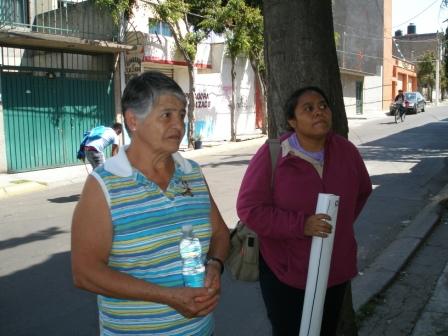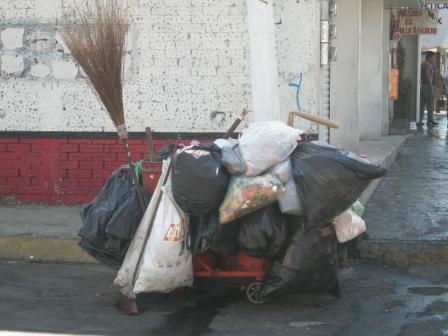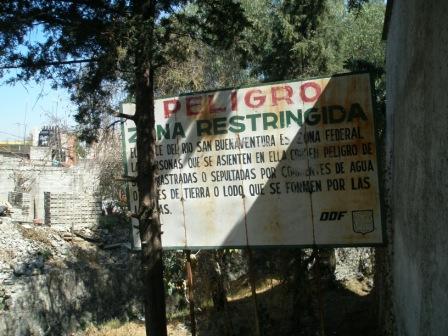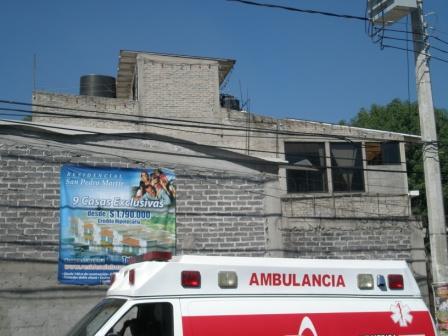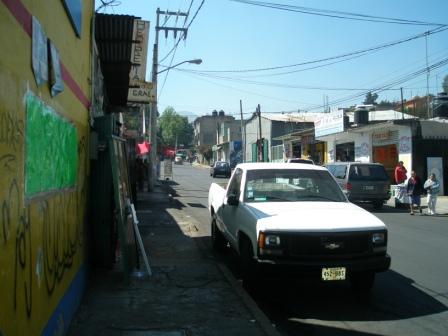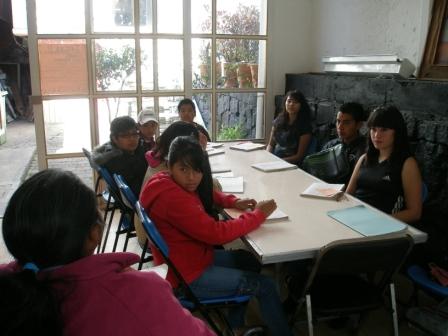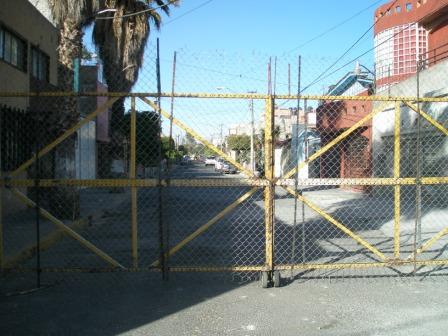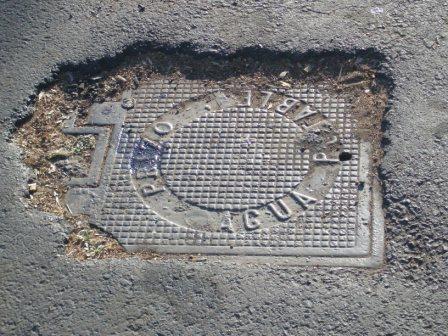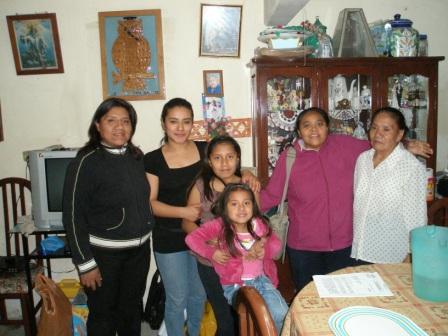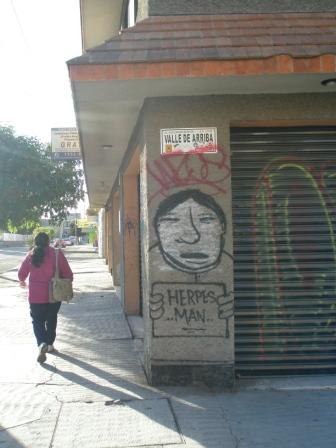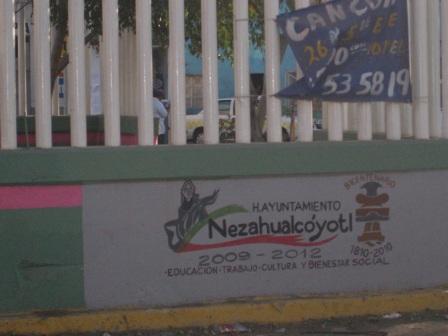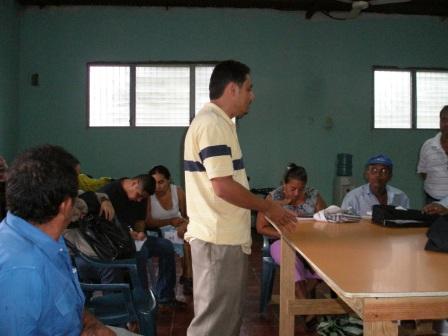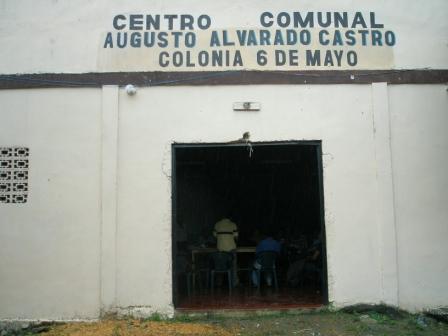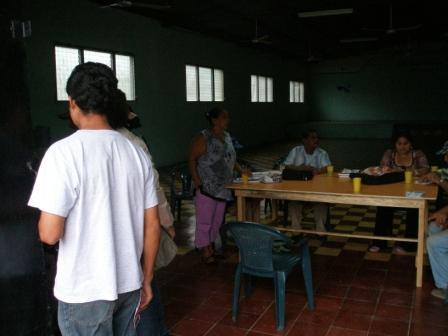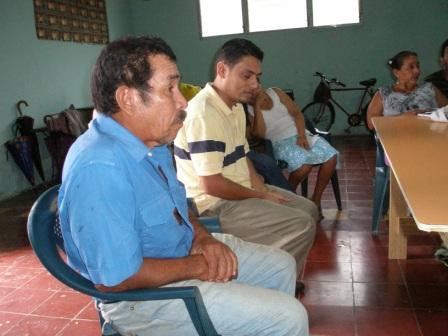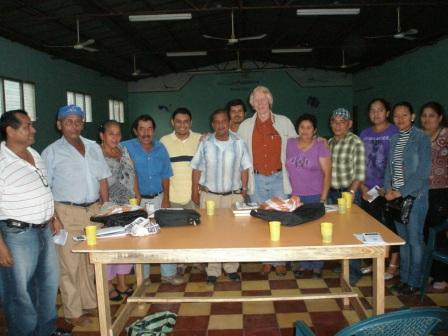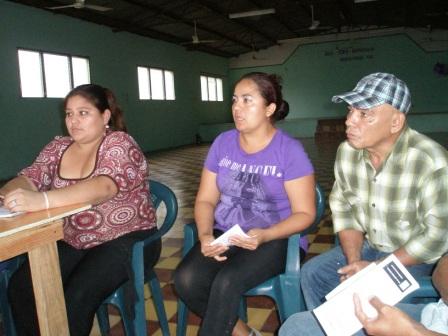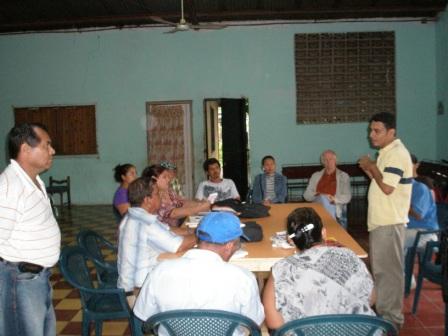Your cart is currently empty!
Blog
-
HSBC response to request for a meeting and reaction to our report “Past Time for Remittance Justice”
Mr. W Rathke, Chief Organiser
Ms. K Bisnah, President
ACORN International
P O Box 3924
New Orleans
LA 80177
USA 9 February 2011Dear Mr. Rathke and Ms Bisnah
Thank you for your letter of 3rd January 2011 addressed to Mr M Geoghegan
our former Group Chief Executive Officer enclosing a copy of your report on
remittance services. I have been asked to write to you in response given
my responsibility for our retail banking services on a global basis.We have considered your report and its conclusions with interest and fully
appreciate the impact that the costs incurred by expatriate workers in
making what may often be relatively small remittances from the US and
Canada to their home countries. It is not possible for us to comment on
the overall conclusions of your report, but I am writing to clarify the
following points in relation to our activities in the USA and Canada.
These are:-§ We do not have a large geographical footprint in either country. In
the USA we have 482 branches largely located in New York State, New
York City and in a small number of major urban centres. This
compares to circa 6,000 for the 3 largest banks. Similarly in Canada
we operate 145 branches based principally in Vancouver and again in
the main urban centres compared to over 1,000 for the top 5 Canadian
Banks..§ We are subject to stringent regulatory requirements, particularly
those relating to Anti-Money Laundering; Counter Terrorist Financing
and compliance with economic sanctions, including those promulgated
by the US Office of Foreign Assets Control. As a consequence, we
have decided that it is neither permissible nor appropriate for us to
offer services to non-customers. Accordingly we are only able to
support customers who maintain an account with us. In our experience
this often means that customers who only require occasional
remittance services are likely to prefer to use the services of
specialist providers. We do believe that any further research you
carry out should assess the impact of these regulatory requirements
and expectations. Many of the countries you refer to as the
destination for remittances are also viewed as carrying high risk for
money laundering activity. Remittance services, including products
such as stored value card are viewed as carrying potential high risk
of money laundering.§ Given the nature and scale of our Retail Business, we have concluded
that developing a large scale remittance business is not a priority
for our Group. Indeed it is notable that based on your own research
the specialist remittance services providers are able to operate the
most cost-effective services from a customer perspective.We hope the above helps and clarifies some of your report’s findings.
Yours sincerely
Kevin Newman
Head of Retail Banking -
Remittance Meeting in Ottawa Today
Remittance meeting on February 22nd at 6pm.
On Tuesday February 22nd at 6pm, Ottawa ACORN members will be meeting at 81 Montreal Rd to strategize and discuss the upcoming March 2nd action on remittance fee reduction. The remittance justice campaign was initiated over a year ago with ACORN members fighting for regulations on remittance costs. The rally on March 2nd at 12pm which members are organizing for, on Tuesday evening, is set to take place at 427 Laurier Ave, located at Laurier and Kent. Childcare and ride services are available for all those attending. For ride services or more information on the meeting Tuesday night, please contact Ottawa ACORN at (613) 746-5999

